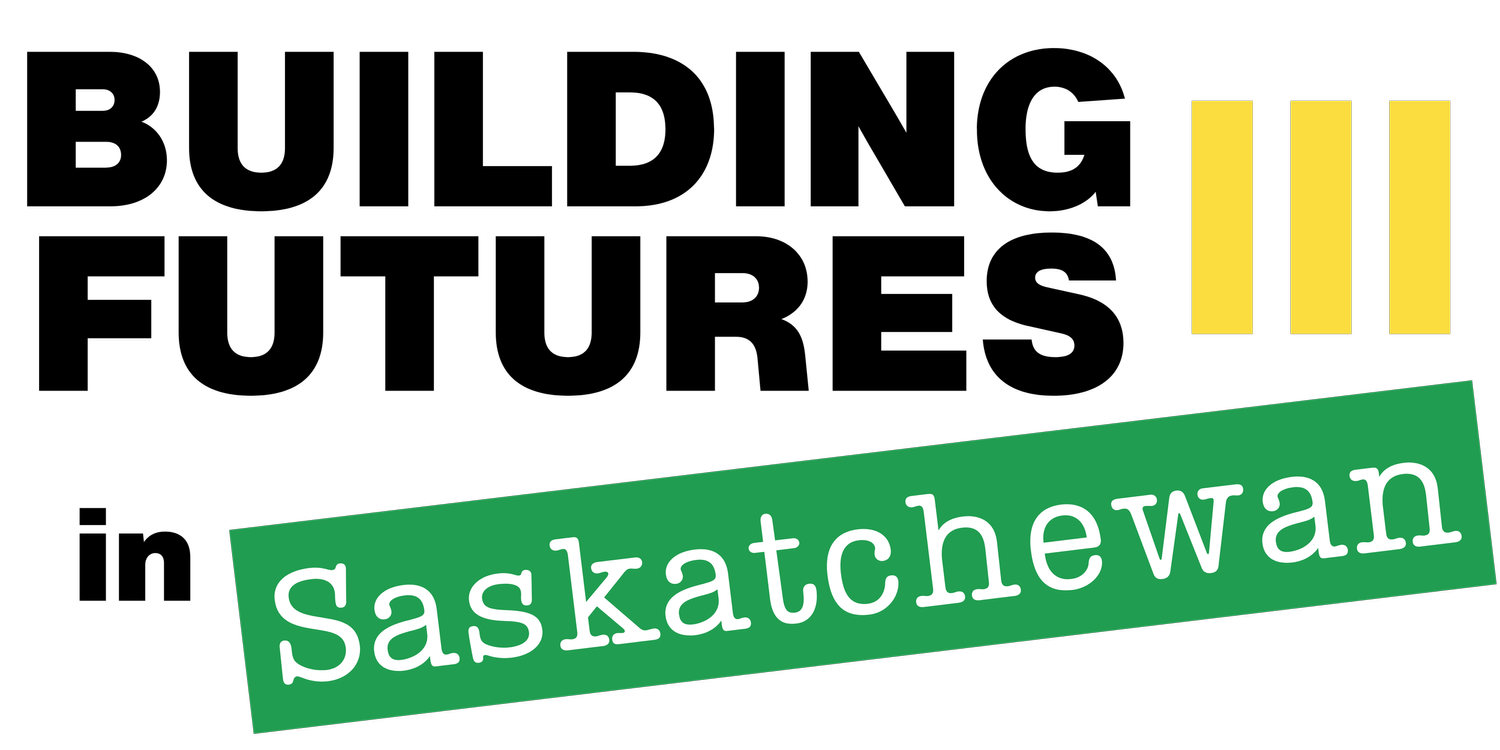FL10.4 Explore various ways of earning an income.
How Do You Get Paid?
The second episode of the “Cash Class” series looks at different forms of employment, paycheque deductions, and the financial implications of employer benefits.
This video was specifically designed to address all of the Learning Indicators of Outcome FL10.4, and serve as a real-life scenario companion piece to the Building Futures in Saskatchewan curriculum correlations.
Paydays are great—until your pay disappears. In this video, we demystify how earnings are structured. We also touch on self‑employment and so‑called “passive” income, noting that even passive streams require effort. Understanding pay frequency (weekly, bi‑weekly or monthly) helps you plan, and we break down typical deductions on a Canadian pay stub: income tax, Canada Pension Plan (CPP) contributions and Employment Insurance (EI) premiums. Knowing these deductions helps you set aside the right amount for taxes if you’re self‑employed. We finish by contrasting jobs with benefits (health insurance, vacation, pensions) against those offering higher pay but less security and encourage viewers to align their work choices with their lifestyle goals.
Reflection question: Which earning style—hourly wages, salary, commission, gig work or building your own business—best fits the life you want? How do you plan to manage taxes and benefits?
This Outcome Looks At:
The importance of a social insurance number (SIN).
Payment methods for employees such as wages, salary, commission, tips, and bonuses.
The budgeting implications of different frequencies of pay.
How entrepreneurs earn an income from self-employment.
The advantages and disadvantages of different employment situations.
Pay stubs, including gross pay, net pay, and mandatory and optional deductions.
The impact of overtime on gross and net pay.
The purpose of income tax and the relationship between earning an income and taxation.
A tax return for a simple T4 employment form.
Income associated with treaties.
How to manage a substantial financial gain.
